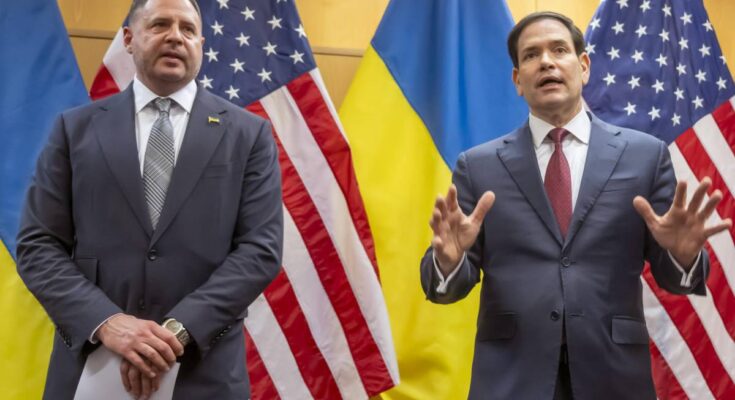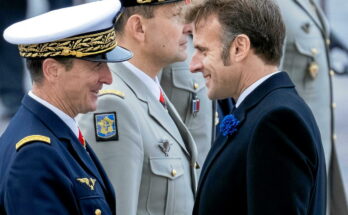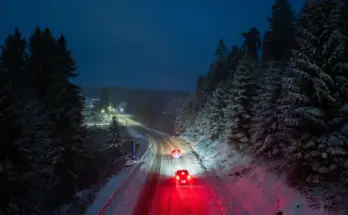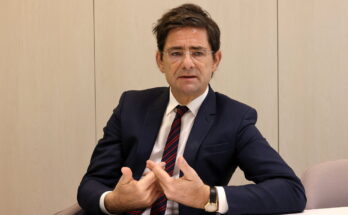Donald Trump again criticized Ukraine, as well as European countries and the previous American administration, as he tried to push through his peace plan to end the conflict. On the day that delegates from Kiev, Washington and Brussels met in Geneva to discuss his proposals, the US president accused “Ukraine’s leadership of showing no gratitude for our efforts”, attacked European countries that “continue to buy oil from Russia”, and his predecessor for inaction at the start of the war. “I inherited a war that should never have happened, a loss for everyone – wrote the tycoon – It started long before I took office for a second term, during the administration of Sleepy Joe Biden, and it has only gotten worse. If the 2020 presidential election had not been rigged and stolen, there would have been no conflict.”
US Secretary of State Marco Rubio arrived in Switzerland yesterday with Trump’s special representative Steve Witkoff, who will negotiate the agreement through direct channels with Moscow (the White House acknowledged that it drafted the proposal together with Vladimir Putin’s envoy, Kirill Dmitriev, during a meeting in Miami). Meanwhile Kiev negotiators are led by Andriy Yermak, Zelensky’s chief of staff and his most trusted adviser. Among the hypotheses put forward by US officials to strengthen Kiev’s security guarantees, as expressed by the Washington Post, are the possible delivery of long-range Tomahawk missiles, the removal or modification of troop restrictions and the construction of a security “wall” on the ceasefire line using advanced technology. A clause providing for a post-war amnesty was instead included at Ukraine’s request, to reassure Zelensky and members of his government that they would not be prosecuted if the current corruption scandal spreads further. According to Axios, citing American and Ukrainian sources, senior officials in Geneva are making progress toward a possible deal. Rubio is trying to “smooth out” the details of Washington’s plans, and Zelensky praised the fact that “diplomacy has been revived,” and expressed hope that “dialogue can be constructive.” Negotiations will continue in the next few hours, explained the Foggy Bottom owner: “We are working on some of the suggestions that have been offered to us, we are making some changes in the hope of further reducing the differences and getting closer to something that Ukraine and the United States fully agree on.” Among the issues that must be resolved, he explained, is “the role of the EU and NATO”. Then he remained optimistic: “This was the most productive and significant meeting ever.” “The deadline is we want to get it done as soon as possible, ideally by Thursday.” Yermak also agreed: “We have achieved tremendous progress and are moving towards a just and lasting peace.” Then he thanked “our good friends”, the United States and Trump.
Trump, meanwhile, before relaunching rhetoric regarding Kiev’s lack of gratitude, has reopened the door to diplomatic mediation, moving from an ultimatum for plans set for Thursday (Thanksgiving day in the US) to a Sunday summit in neutral Switzerland. Meanwhile, the Washington Post also stated that if Zelensky accepts the framework agreement after the Geneva talks, Witkoff could convey it to Putin, although perhaps not immediately. The sources insisted that “Trump’s peace proposal is not as pro-Russian as it seems and that the best judge is Zelensky. If he agrees to the deal, the burden will shift to Moscow. If he rejects it, the war will likely continue into next year and beyond.”
But yesterday, the Foreign Secretary was forced to intervene after claims from a group of senators that the plan looked like a “wish list” drawn up by the Kremlin. First, Foggy Bottom spokesman Tommy Pigott wrote that “this is patently false (…). The plan was created by the United States, with contributions from Russia and Ukraine.”
Then he assured that “the peace proposal was developed by the United States.” “This is offered as a strong framework for the ongoing negotiations,” he added, noting that “it is based on the contribution of the Russian side. But it is also based on Ukraine’s past and current contributions.”



